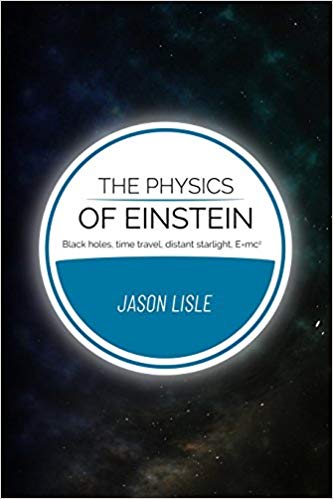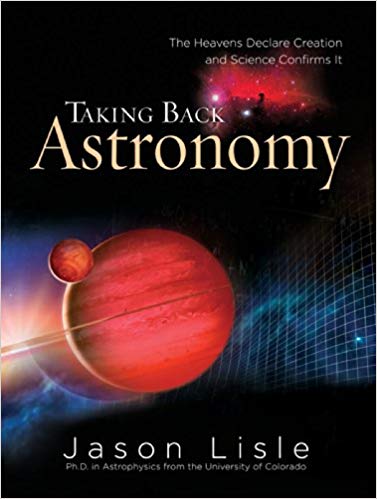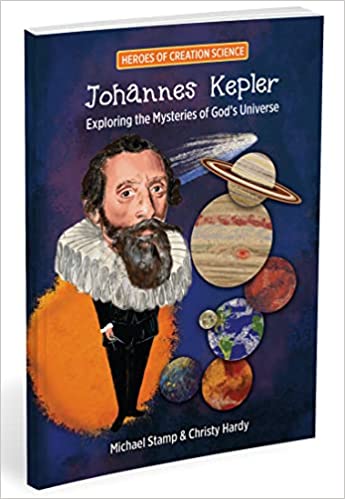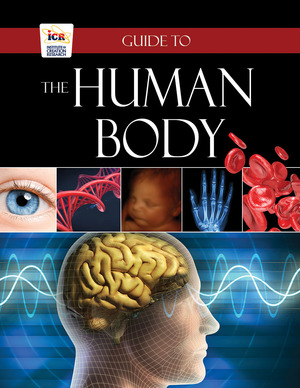Some people actually like numbers and mathematics, and some people don’t. Everybody knows that! Some people however sound positively lyrical on the subject of numbers. Dr. David Berlinsky, for example, in his book infinite ascent: a short history of mathematics (2005) describes the inexhaustible variety of natural numbers and their personalities. (Modern Library Paperback edition p. 5). He lists various demanding disciplines that mathematicians have developed. Beyond the practical and theoretical challenges that mathematics provides however are the insights into nature. As Dr. Kurt Wise pointed out in Faith, Form and Time (2002) “The universe seems to operate with mathematical precision, and natural laws have a mathematical form.” (p. 91) Astronomer Dr. Timothy Ferris elaborates on mathematics in his 1997 book The Whole Shebang: “[M]athematics [is] a codified form of logic that embodies the faith of science that nature works in a rational way.” He adds “Like all scientific theories, relativity is expressed in terms of mathematical equations-“
Given the impressive credentials of modern physics and cosmology, many Christians are truly confused and conflicted as to the significance of conclusions concerning a big bang beginning to the universe which seem to come from relativity theory. But a new book from Jason Lisle The Physics of Einstein (2018 Bible Science Institute) informs us that “[L}ogic, geometry and mathematics are windows into the mind of God.” (p. 7) So here we find Dr. Lisle, a young earth creationist, informing us that “The physics of Einstein tells us something profound about the truly awesome mind of God.” (p. 10) Thus Dr. Lisle undertakes to discuss “the wonderful ‘weird’ effects of relativity and prove that these effects must occur.” (p. 9) We can’t avoid reality, he declares.
To the surprise of some Christians perhaps, Dr. Lisle then proceeds to discuss relativity theory in detail. He concludes that “It is quite wonderful that God has designed a universe that works perfectly with no genuine contradictions and that is nonetheless counterintuitive to us. It humbles the human mind.” (p. 62) [Counterintuitive means against our common sense expectations]
Many will then ask if this means that the big bang theory is correct. Indeed not, declares Dr. Lisle. It is “a mistake to claim that general relativity proves or implies a big bang. It doesn’t.” (p. 182) He further elaborates that without the assumptions of naturalism “there is nothing in Einstein’s field equations that requires the universe to have started from a point or to be billions of years old. And nothing in general relativity is inconsistent with the biblical history that God supernaturally created the universe a few thousand years ago.” (p. 182)
This raises the question of the size and age of the universe. Dr. Lisle declares that the answer lies in the one-way speed of light. Having established from the relevant equations that we can conclude that “As strange as it may seem, it appears that the one-way speed of light is not a property of the universe, but rather a humanly stipulated convention.” (p. 235) Thus when he inserts the perfectly permissible speed of light as infinity into the relevant equation “[U]nder this system all events everywhere in the universe are observed in real time.” (p. 241) Thus he concludes “Consequently, our ability to see distant galaxies is perfectly compatible with the Genesis account. There is no distant starlight problem.” (p. 249) Other specialists including Dr. John Hartnett (2007) (Starlight, Time and the New Physics) and Dr. Russell Humphreys (1994) (Starlight and time: Solving the Puzzle of Distant Starlight in a Young Universe) propose other explanations for a young universe, also based on relativity theory.
Many people declare that the details of fancy physics and mathematics are beyond their interests. The default position of many people typically is to assume that the popular account of the big bang is correct. These people may try to dovetail the Big Bang into their Christian faith. But Dr. Lisle demonstrates that such long age conclusions are most unnecessary. Some people may be curious enough about this issue to purchase Dr. Lisle’s book, available from Amazon. The take home message is that none of us needs to be intimidated by widespread and influential support for the Big Bang!
April 2019
Subscribe to Dialogue







